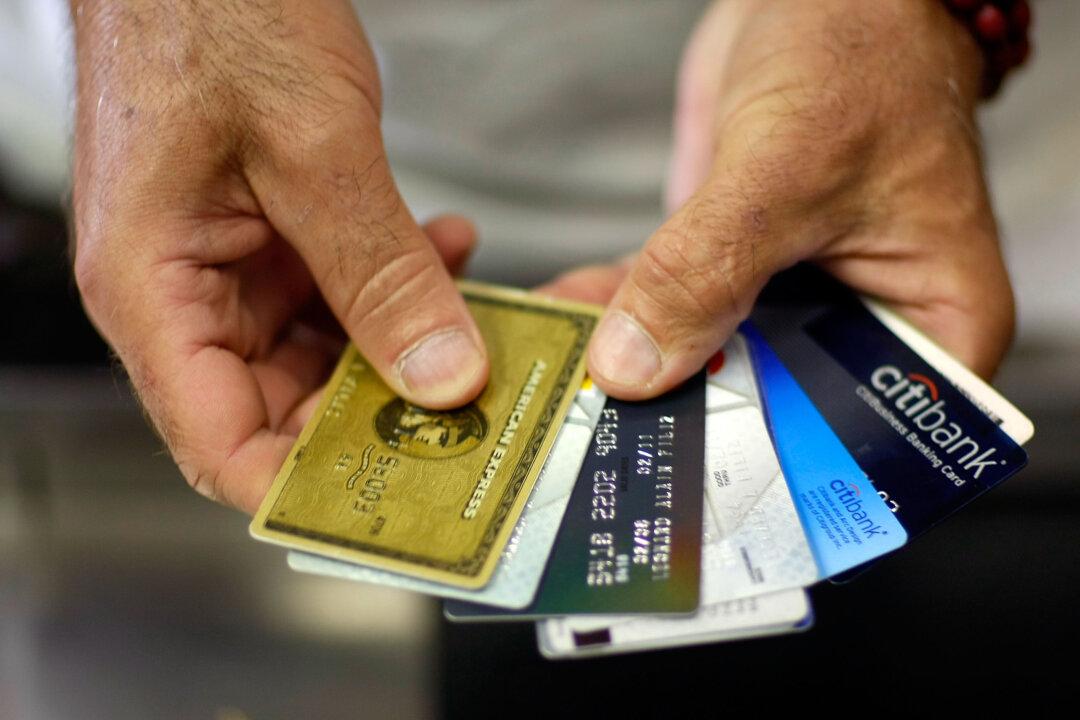At first glance, a “buy now, pay later” plan’s promise of no interest or upfront fees can seem more appealing than a credit card’s terms. Dividing a transaction into, say, a pay-in-four installment plan sounds straightforward and manageable.
Unlike credit cards, though, these plans lack certain consumer protections and are sometimes unpredictable. In this way, credit cards can be superior to pay-in-four buy now pay later plans, making it easier to manage payments, dispute transactions, get refunds, establish credit or access certain debt-payoff options.






